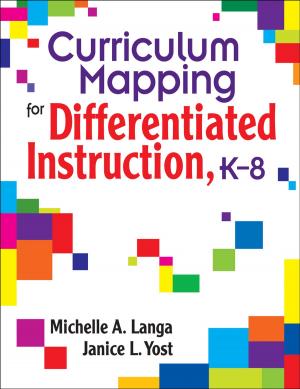The SAGE Handbook of E-learning Research
Nonfiction, Reference & Language, Education & Teaching, Teaching, Computers & Technology| Author: | ISBN: | 9781473954991 | |
| Publisher: | SAGE Publications | Publication: | May 9, 2016 |
| Imprint: | SAGE Publications Ltd | Language: | English |
| Author: | |
| ISBN: | 9781473954991 |
| Publisher: | SAGE Publications |
| Publication: | May 9, 2016 |
| Imprint: | SAGE Publications Ltd |
| Language: | English |
The new edition of The SAGE Handbook of E-Learning Research retains the original effort of the first edition by focusing on research while capturing the leading edge of e-learning development and practice. Chapters focus on areas of development in e-learning technology, theory, practice, pedagogy and method of analysis.
Covering the full extent of e-learning can be a challenge as developments and new features appear daily. The editors of this book meet this challenge by including contributions from leading researchers in areas that have gained a sufficient critical mass to provide reliable results and practices.
The 25 chapters are organised into six key areas:
1. THEORY
2. LITERACY & LEARNING
3. METHODS & PERSPECTIVES
4. PEDAGOGY & PRACTICE
5. BEYOND THE CLASSROOM
6. FUTURES
The new edition of The SAGE Handbook of E-Learning Research retains the original effort of the first edition by focusing on research while capturing the leading edge of e-learning development and practice. Chapters focus on areas of development in e-learning technology, theory, practice, pedagogy and method of analysis.
Covering the full extent of e-learning can be a challenge as developments and new features appear daily. The editors of this book meet this challenge by including contributions from leading researchers in areas that have gained a sufficient critical mass to provide reliable results and practices.
The 25 chapters are organised into six key areas:
1. THEORY
2. LITERACY & LEARNING
3. METHODS & PERSPECTIVES
4. PEDAGOGY & PRACTICE
5. BEYOND THE CLASSROOM
6. FUTURES















